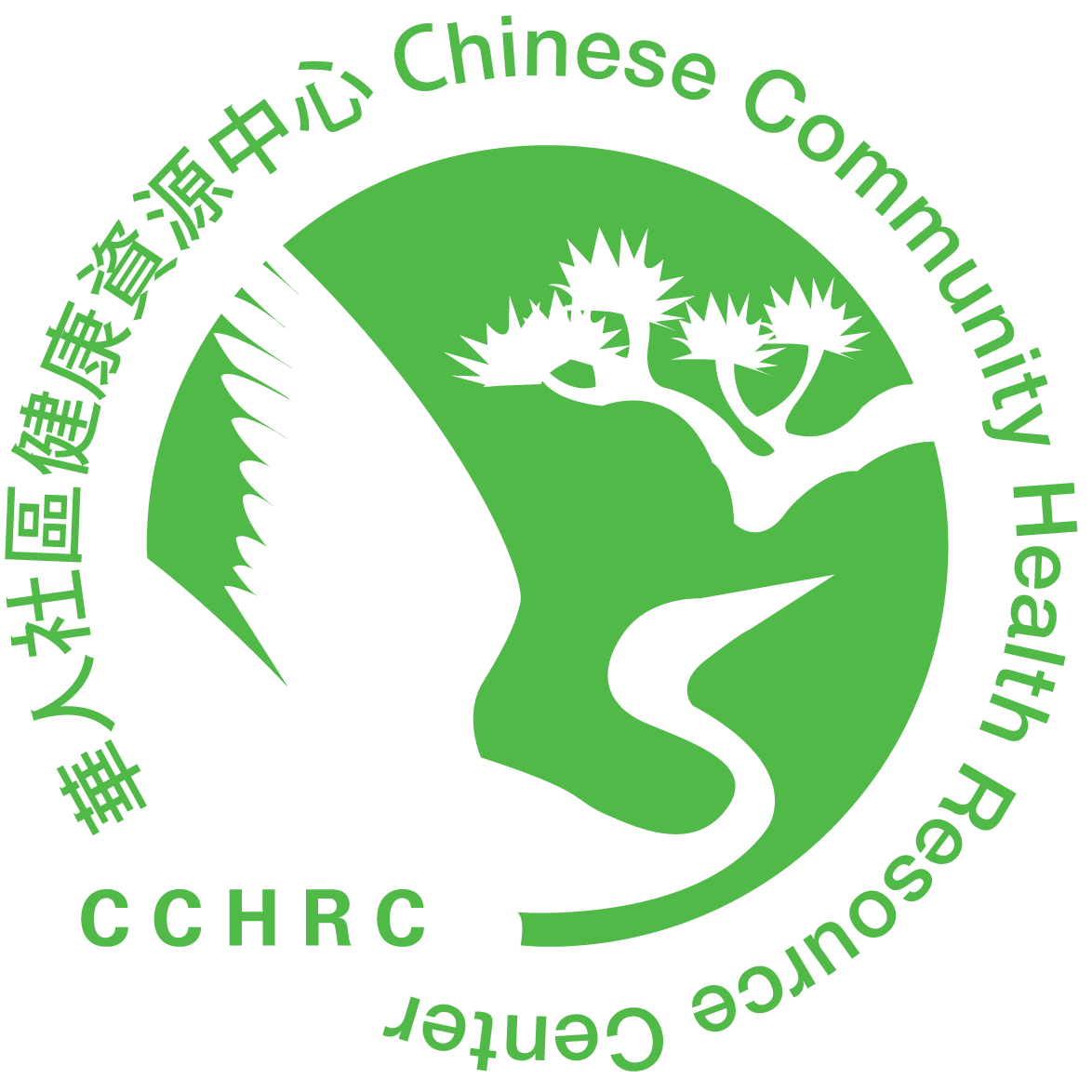Under normal conditions, all women produce a slight vaginal discharge that is odorless, nonirritating, and clear or milky in color. The acidic condition of the vagina keeps potentially harmful organisms from overgrowing. When this balance is disturbed, organisms can cause infection. Vaginal infections are generally caused by different kinds of bacteria or fungi. The two most common types of vaginal infections are bacterial vaginosis and yeast infections. Vaginal infections occur most often during the reproductive years. However, the lack of hormones in postmenopausal women also makes them susceptible to infections.
Causes
Factors that may upset the vaginal balance include:
- Lowered resistance due to stress, poor diet, or lack of sleep
- Hormonal changes during pregnancy or menopause
- Medications such as antibiotics, steroids, or birth control pills
- Non-ventilating clothing, which promotes bacterial/fungal growth
- Poor personal hygiene
- Diabetes
- Unprotected sexual intercourse with new and multiple partners
Symptoms
- Abnormal discharge with unpleasant odor.
- Redness and swelling of vaginal lips
- Itching and burning
- Discomfort during sexual intercourse
Diagnosis
Diagnostic tests may include a pelvic exam, examination of the vaginal secretions under a microscope and/or culture of the discharge.
Treatment
Prescription antibiotic or antifungal vaginal suppositories or creams are the usual treatments for common vaginal infections. In some cases, oral medication may be used. Several over-the-counter products are now available to treat yeast infections. However, a woman who has never had a yeast infection should see her gynecologist first before treating herself to ensure that the symptoms are not due to other diseases. Pregnant women should always consult with their doctor before using any non-prescription medications.
Prevention
To discourage bacterial or fungal growth in the vaginal area, follow these preventive measures:
- Eat a healthy diet, get enough rest and reduce stress.
- Take regular showers or baths. Wash the genital area with soap and water and rinse thoroughly. Dry well with a clean towel.
- Avoid tight jeans or pantyhose.
- After urination or bowel movement, always wipe from front to back.
- Change sanitary napkins or tampons frequently and choose non-deodorant ones.
- Lose weight if you are obese.
- Control diabetes.
- Wear a condom during sexual intercourse
Vaginal infections can recur if not properly diagnosed and treated. Vaginal infections can be seen in girls and women who are not sexually active. The condition is very uncomfortable and needs to be treated.
If you have any questions or concerns, please contact your primary care physician or gynecologist.
Copyright © 1999-2020 Chinese Community Health Resource Center
If you would like a copy of this health article, please click on the PDF button in the language you prefer. To view the PDF document, you’ll need Adobe Acrobat, which you can download here.
Bilingual:



